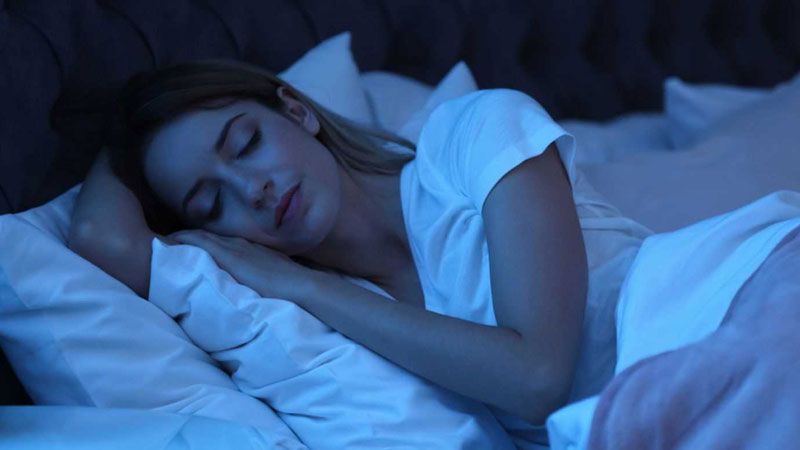Here are 10 tips for a better night's sleep

Sleep well!
A good night's sleep is as essential to our well-being as a healthy diet and exercise. Yet studies show that over the last 20 years we have started to sleep less. Here are 10 tips for better sleep:
- Make sleep a pleasure, something you look forward to and look forward to. Sleep takes up one third of your life and is important for the other two thirds. Your sleep is not something that has to be done or accepted out of necessity.
- Try to get 7-8 hours of sleep every night. Set aside enough time for sleep, even if you are in a hurry or there is a good movie on TV. Sleep strengthens both your body and your mind, because the production of growth hormones increases during deep sleep and the amount of stress hormones decreases.
- Make sure you have a good sleeping environment. A good mattress, a dark, quiet and cool bedroom and no disturbing pets in bed. Use earplugs and a sleeping mask or put up blackout curtains if you are bothered by sound and light. The bedroom and bed are for sleep and sex only. The bedroom should not take your mind off everything else and should not also be a TV room, study or similar.
- Give yourself time to calm down and relax for at least an hour before going to bed. Relax with something pleasant and calming, such as quiet music, reading, a warm bath or meditation. Dimming the lights at the end of the evening can also help.
- Avoid caffeinated drinks such as coffee, tea, cola or energy drinks after 16:00. Refrain from alcohol and smoking as they can also interfere with sleep.
- Maintain a regular circadian rhythm. Get up at a set time, go to bed at a set time. You can quickly develop a delayed circadian rhythm by getting up later and going to bed later. And then it becomes harder and harder to get back to normal sleeping times.
- Remember to exercise! It's best to get your heart rate up once a day. This not only helps you sleep better, but also improves your physical and mental health.
- Don't go to bed hungry or overfed. A stable blood sugar level helps to ensure restful, undisturbed sleep.
- Avoid taking worries to bed with you. Set aside time in the evening to write down your worries and suggestions for solutions in a diary if you are often troubled by racing thoughts and anxiety at bedtime. It can also be helpful to learn a technique to relax and calm yourself. For example,mindfulness orbreathing exercises.
- Sleeping pills should be avoided as far as possible and reserved for special situations where grief, illness, stress or severe anxiety prevents people from sleeping. Sleeping pills can trigger depression with prolonged use. Some people lack sufficient amounts of the naturally occurring and sleep-promoting hormone melatonin and may therefore benefit from supplementation, e.g. the elderly, people with night work or jet lag. Melatonin supplements are available on prescription. Melatonin differs from traditional sleeping pills in that it does not induce dependence and is not prone to abuse.
Do you suffer from sleep-related problems? Then read our post on how to sleep to avoid sleep-related problems.





